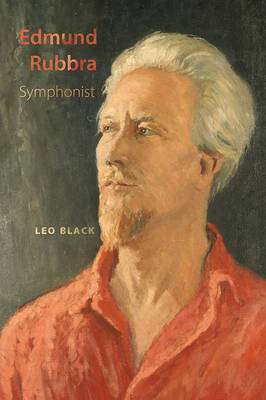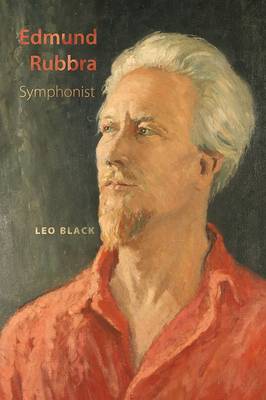
Bedankt voor het vertrouwen het afgelopen jaar! Om jou te bedanken bieden we GRATIS verzending (in België) aan op alles gedurende de hele maand januari.
- Afhalen na 1 uur in een winkel met voorraad
- In januari gratis thuislevering in België
- Ruim aanbod met 7 miljoen producten
Bedankt voor het vertrouwen het afgelopen jaar! Om jou te bedanken bieden we GRATIS verzending (in België) aan op alles gedurende de hele maand januari.
- Afhalen na 1 uur in een winkel met voorraad
- In januari gratis thuislevering in België
- Ruim aanbod met 7 miljoen producten
Zoeken
Omschrijving
Leo Black, Edmund Rubbra's Oxford pupil in the 1950s, later worked in BBC Radio as his music became unfashionable. This first substantial study for fifteen years is only the third in all, and coincides with his gradual re-discovery. A succinct biographical sketch throws light on legends about the BBC and Rubbra; there are full programme notes on each symphony, with shorter accounts of important non-symphonic works, in particular a 'triptych' of concertos from the 1950s and major liturgical pieces composed around the time of the Second Vatican Council, after Rubbra's conversion to Catholicism. The question of his 'mysticism' is considered. Musical examples are readable by anyone who ever sang or played from sheet music.
Rubbra [b. Northampton 1901, d. Gerrard's Cross 1986] revivified traditions reaching back far into England's musical and religious history, without pastiche or self-conscious nationalism. His eleven symphonies covered a period of musical and political upheaval [1934 - 1980], the first four reflecting the uneasy later-1930s, with a second global conflict no longer avoidable. The immediately-post-war ones document new emotional depths and his conversion, while the final symphonies show a man still in search of peace and reconciliation, overlooked by the world but certain he was on the right path.
Rubbra [b. Northampton 1901, d. Gerrard's Cross 1986] revivified traditions reaching back far into England's musical and religious history, without pastiche or self-conscious nationalism. His eleven symphonies covered a period of musical and political upheaval [1934 - 1980], the first four reflecting the uneasy later-1930s, with a second global conflict no longer avoidable. The immediately-post-war ones document new emotional depths and his conversion, while the final symphonies show a man still in search of peace and reconciliation, overlooked by the world but certain he was on the right path.
Specificaties
Betrokkenen
- Auteur(s):
- Uitgeverij:
Inhoud
- Aantal bladzijden:
- 256
- Taal:
- Engels
Eigenschappen
- Productcode (EAN):
- 9781843839330
- Verschijningsdatum:
- 17/07/2014
- Uitvoering:
- Paperback
- Formaat:
- Trade paperback (VS)
- Afmetingen:
- 156 mm x 234 mm
- Gewicht:
- 367 g

Alleen bij Standaard Boekhandel
+ 119 punten op je klantenkaart van Standaard Boekhandel
Beoordelingen
We publiceren alleen reviews die voldoen aan de voorwaarden voor reviews. Bekijk onze voorwaarden voor reviews.









